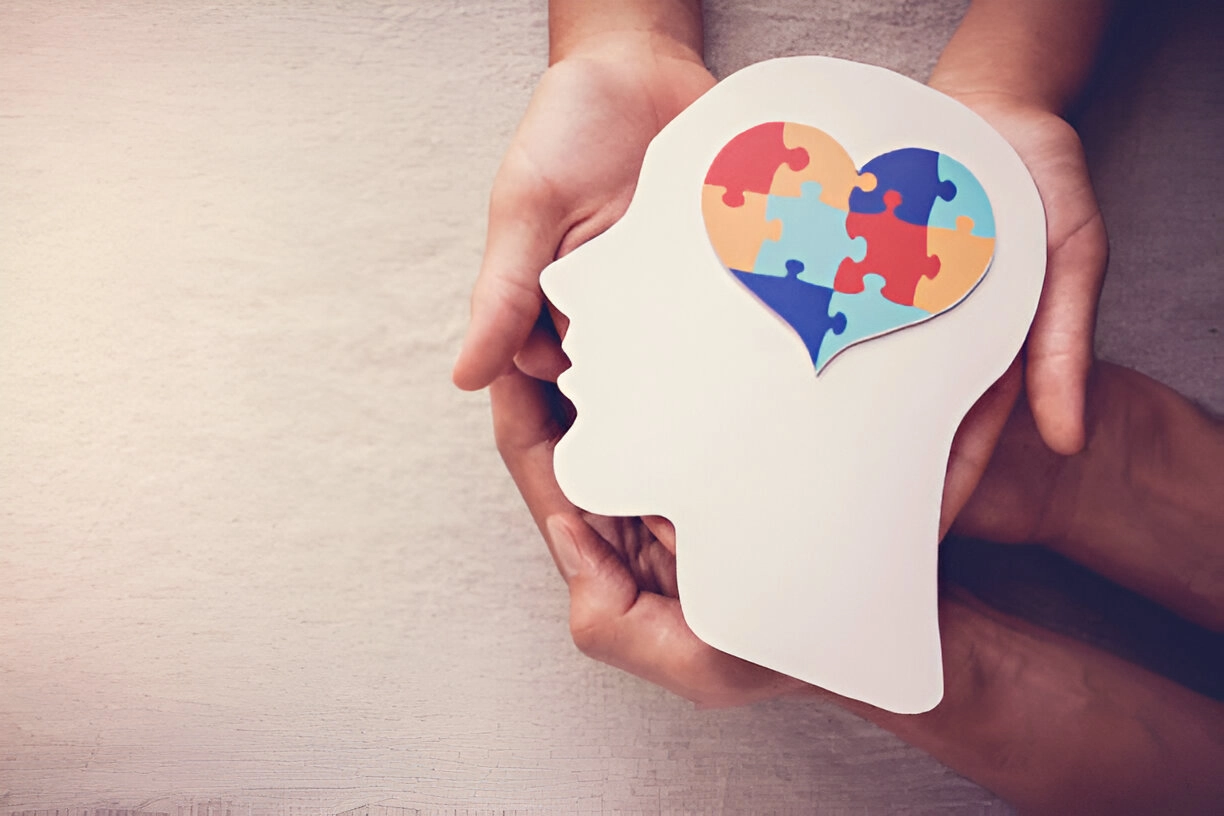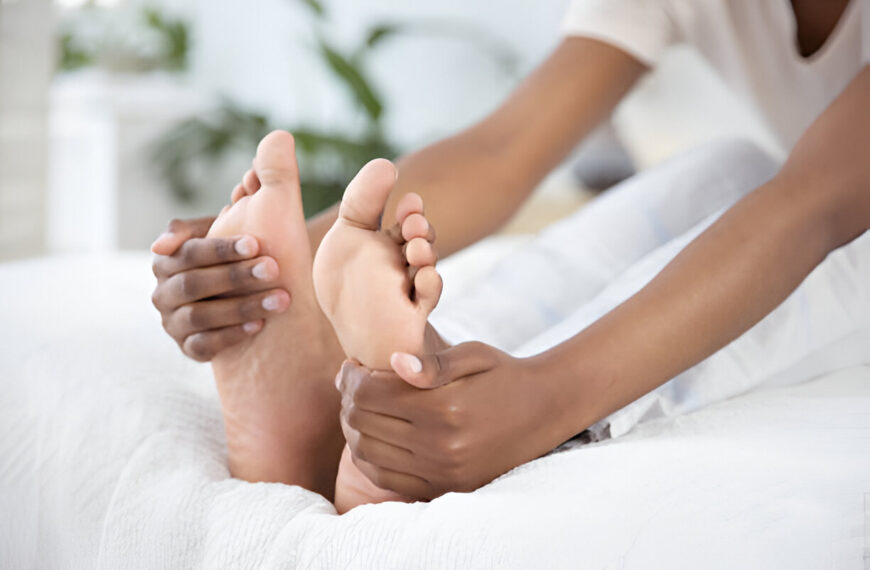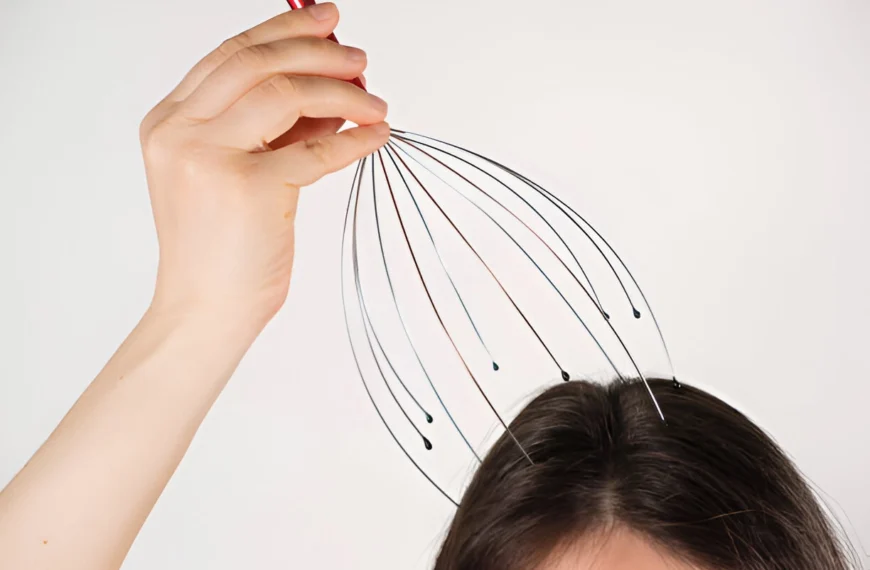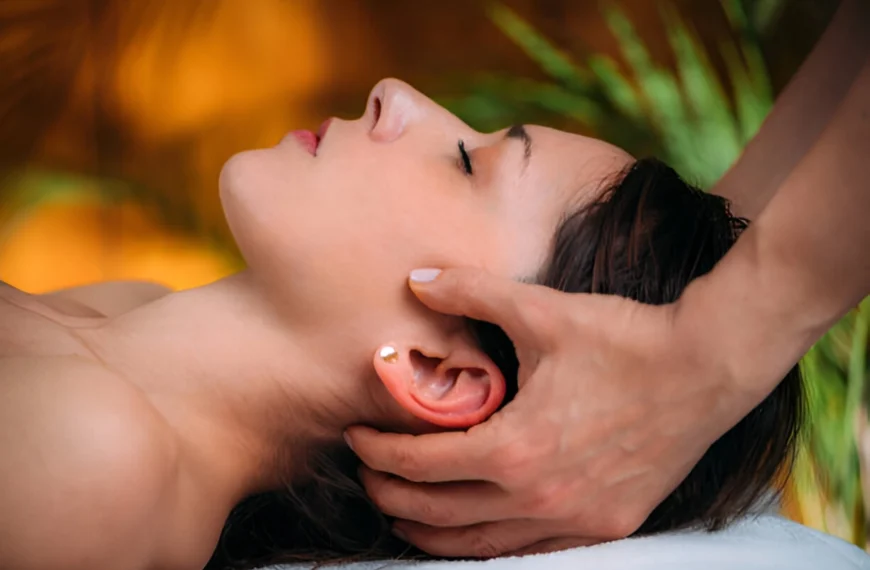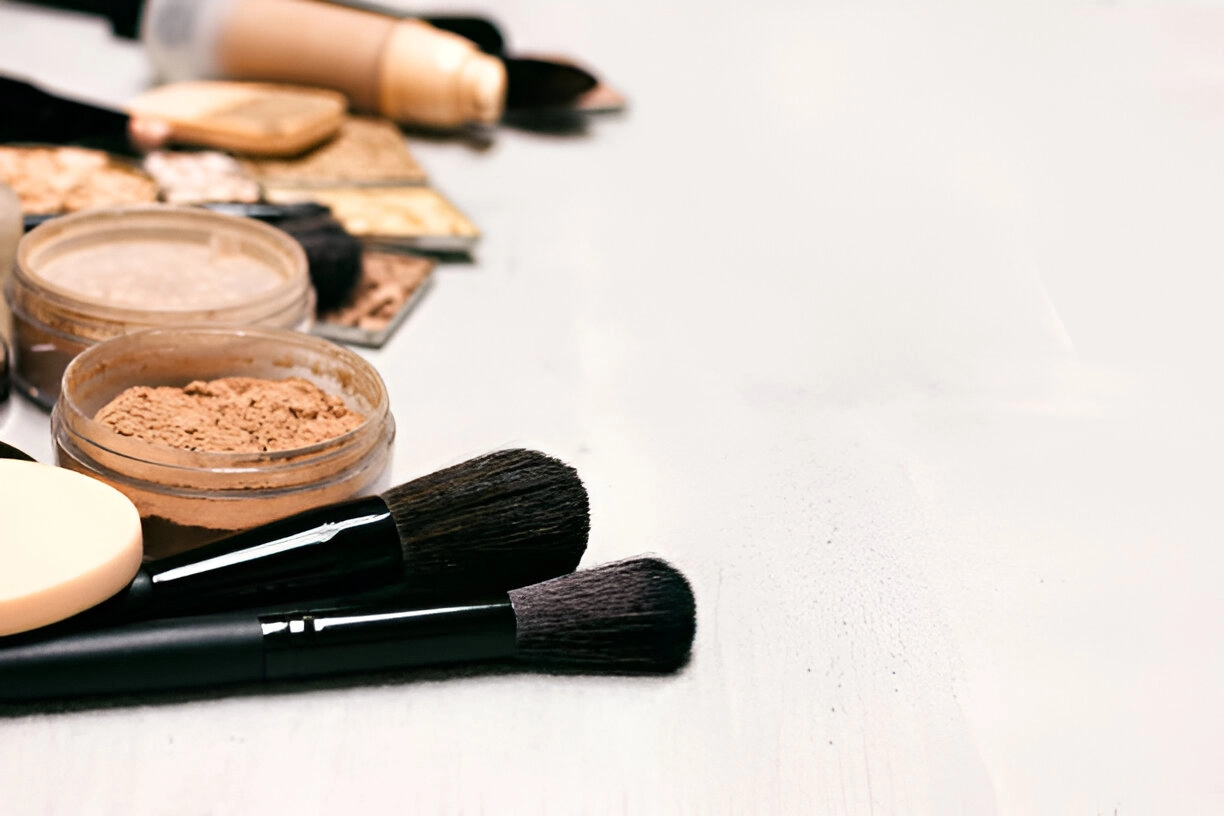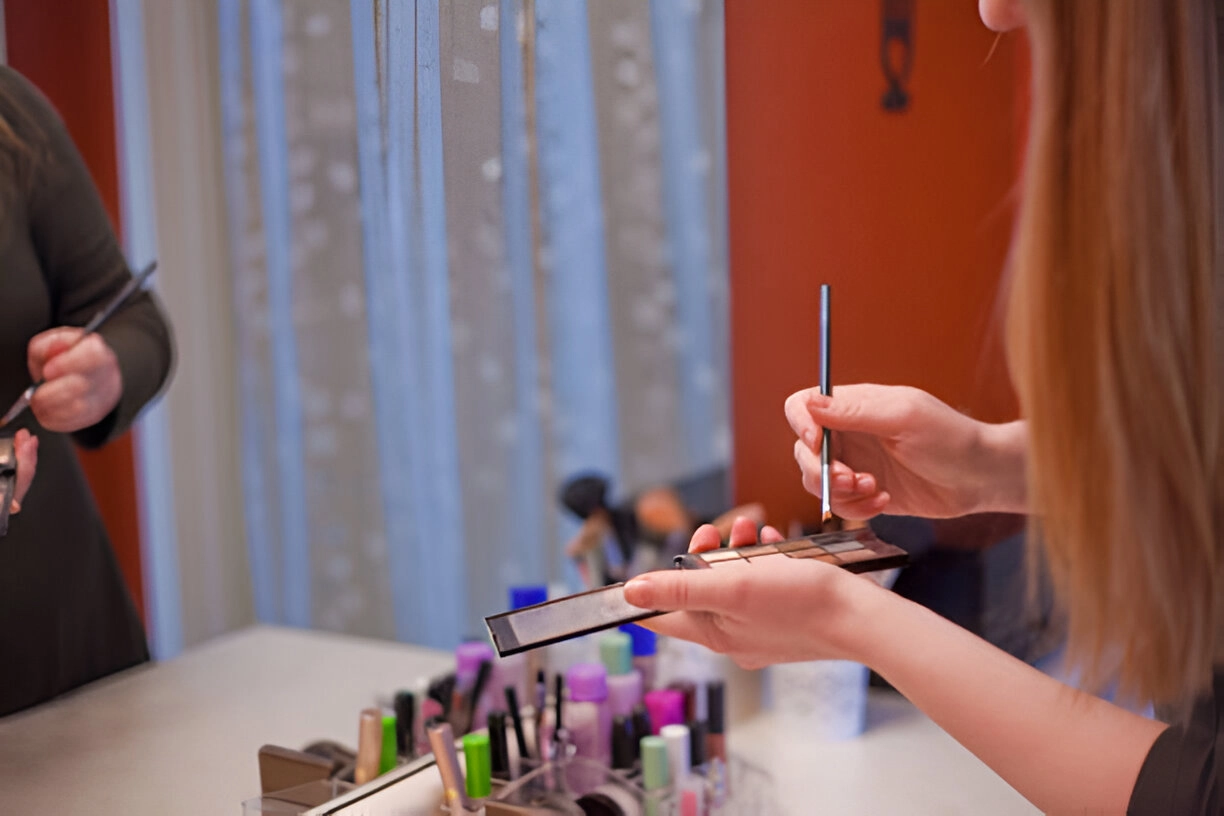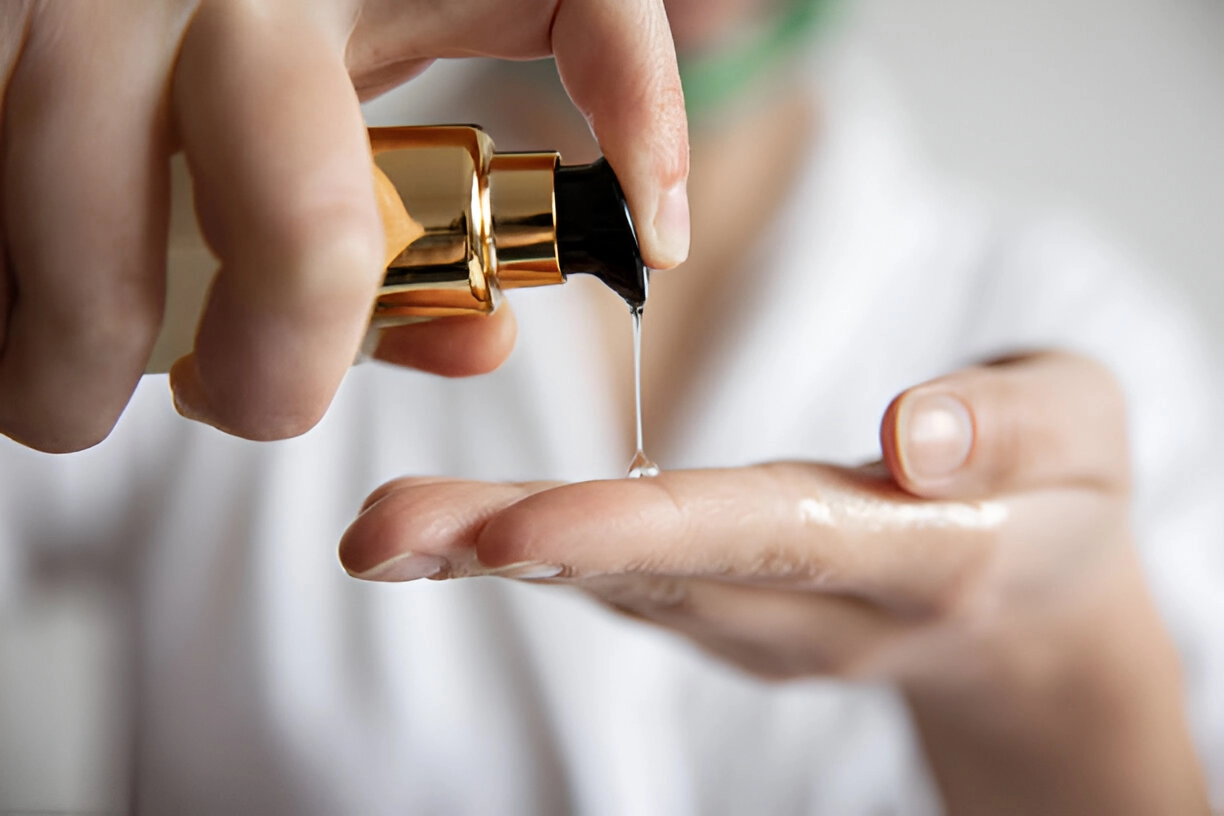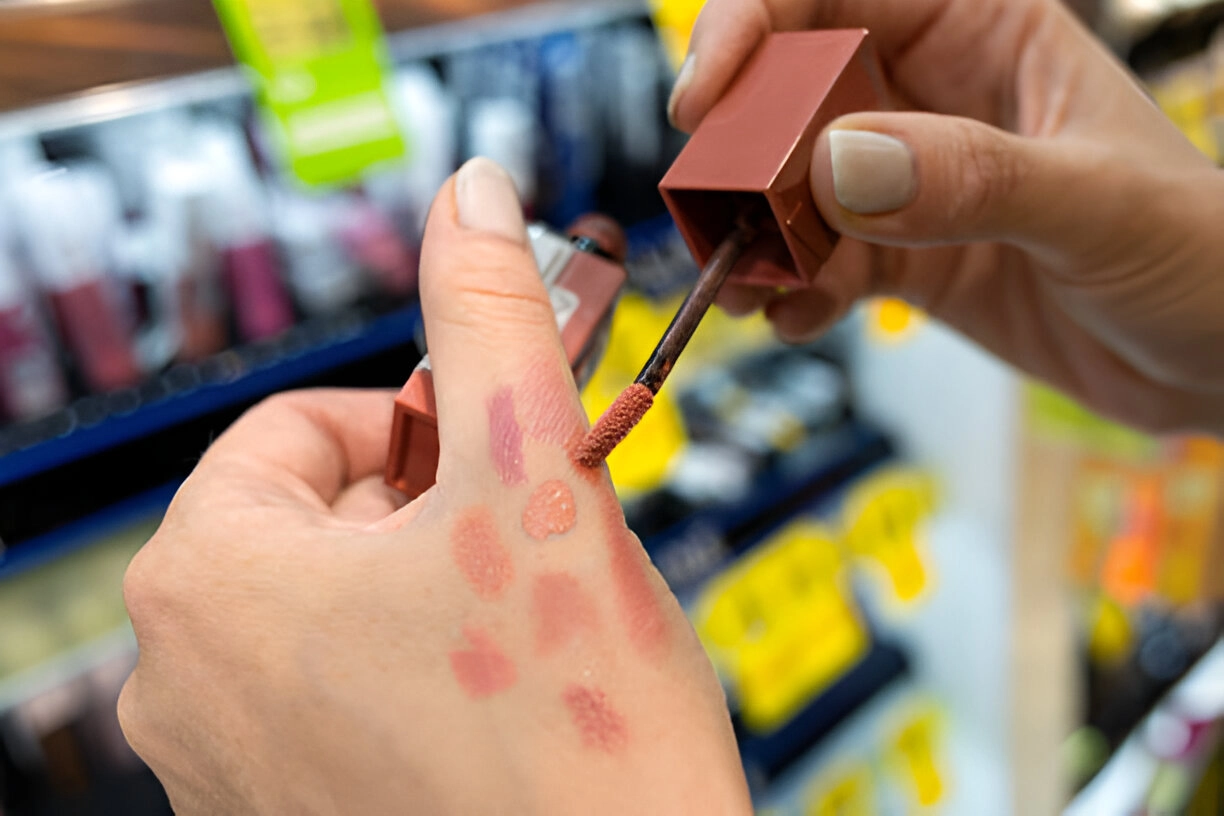Life gets hectic—no two ways about it. Between deadlines, family responsibilities, and life’s curveballs, stress can sneak in and wreak havoc on our mental well-being. While self-care takes many forms, regular massage therapy stands out as a fantastic way to nurture your mind and body.
It’s not just about soothing sore muscles; massage dives deep, offering surprising mental health perks. Let’s explore how a simple, hands-on therapy can truly work wonders for your peace of mind.
Less Stress, More Serenity
Stress has a way of showing up uninvited, doesn’t it? It tightens your shoulders, fogs your brain, and can leave you feeling like you’ve run a marathon without moving an inch. Here’s where massage therapy steps in like a friend who just “gets it.”
During a massage, your body shifts gears. The relaxation response kicks in, calming your nervous system and lowering cortisol, that pesky stress hormone. Ever notice how you breathe deeper during a massage? That’s no coincidence—it’s your body switching to relaxation mode. Add to that a boost in feel-good chemicals like serotonin and dopamine, and you’ve got a natural stress-busting cocktail.
But it’s not all science. One client described her first massage session as “an hour of pressing the reset button.” It’s moments like these that show how small changes can have big impacts.
Bye-Bye Blues
Feeling down? Depression can cast a long shadow, making even the brightest days feel dim. While therapy, medication, and support are vital, massage can play a surprisingly powerful supporting role.
Touch has a unique way of reminding you that you’re human. Gentle, rhythmic strokes during a massage can reduce feelings of isolation and loneliness. Physically, it helps by increasing dopamine, your natural mood elevator, and lowering stress-induced chemicals like adrenaline.
Some people describe massage as a “hug for your muscles.” That connection, even on a physical level, can soothe emotions and lift spirits. After all, when your body feels cared for, your mind often follows suit.
Sleep Like a Baby
Ever find yourself staring at the ceiling, counting imaginary sheep? You’re not alone. Sleep troubles are a common complaint in today’s wired world. Enter massage therapy—a simple way to reclaim those precious Zs.
Here’s how it works: massage reduces tension, both physically and mentally. When your muscles relax, so does your mind, making it easier to drift off. Plus, the release of serotonin during a session helps regulate sleep patterns. And let’s not forget—massage has this sneaky way of slowing your heart rate, which preps your body for rest.
One regular massage-goer joked, “If they offered beds in the waiting room, I’d move in.” It’s no surprise that better sleep is one of massage therapy’s most celebrated benefits.
| Common Sleep Issues | How Massage Helps |
|---|---|
| Trouble falling asleep | Promotes relaxation |
| Waking up frequently | Reduces cortisol levels |
| Feeling tired after rest | Improves sleep quality |
Emotional Balance on Tap
Let’s face it—emotions can be tricky to navigate. Some days, it feels like you’re riding a roller coaster blindfolded. Massage therapy can help steady the ride.
When you’re emotionally overwhelmed, your body reacts. Muscles tighten, posture slouches, and you carry that weight—literally. A good massage releases tension from those “stress spots,” like your neck and lower back. This physical release often leads to a sense of mental clarity and emotional calm.
It’s not magic, though it might feel like it. By focusing on the present moment—how the pressure feels, the rhythm of your breathing—you engage in mindfulness without even realizing it. And mindfulness is a key player in managing emotions.
Reconnecting with Yourself
In a world full of noise, it’s easy to lose touch with yourself. Massage therapy offers a rare moment of stillness—a chance to tune in instead of zoning out.
Regular sessions can improve body awareness, helping you notice how stress or emotions manifest physically. For example, ever get headaches after a stressful week? Massage can help you connect the dots and even prevent those aches from recurring.
One enthusiast put it this way: “Massage is my ‘me time,’ but it’s also my ‘check-in time.’ I leave feeling like I’ve had a conversation with my body, not just a tune-up.” It’s about creating harmony between your mind and body, plain and simple.
How to Make the Most of Massage Therapy
To truly enjoy the mental health perks of massage, consistency is key. It’s like watering a plant—regular attention yields the best results.
Tips for Choosing a Massage Therapist
- Look for certifications and experience in stress or mental health support.
- Try different styles—Swedish, deep tissue, aromatherapy—to see what resonates.
- Don’t be afraid to communicate. Whether you need lighter pressure or extra focus on certain areas, let your therapist know.
| Massage Style | Best For |
|---|---|
| Swedish | Overall relaxation |
| Deep Tissue | Muscle tension and knots |
| Aromatherapy | Stress and emotional relief |
Final Thoughts
Massage therapy isn’t just a luxury; it’s a lifeline for mental health. From easing stress to balancing emotions, it offers benefits far beyond the surface. Each session is an opportunity to pause, reflect, and recharge—a small but meaningful investment in your mental well-being.
So why not book a session and let those worries melt away? Your mind, body, and maybe even your soul will thank you.

Marsha Cummings is the founder of Tranquil Glam, a platform dedicated to beauty, wellness, and self-care. With a passion for skincare and massage therapy, Marsha shares expert tips, product reviews, and insights to help readers feel confident and balanced.
Through Tranquil Glam, Marsha inspires others to embrace their natural beauty and discover the power of self-care in everyday life.
